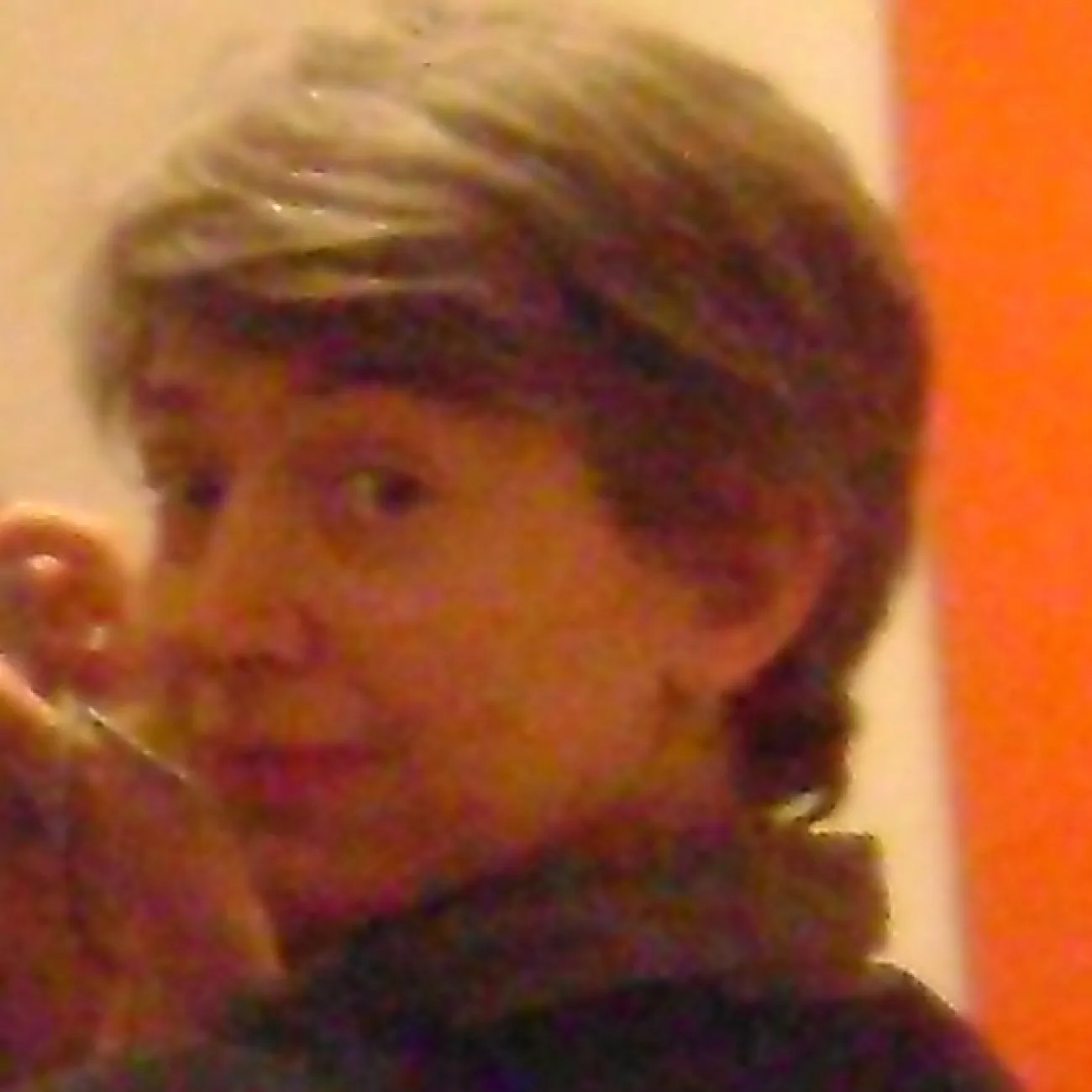About
In both my research and teaching, I am interested in interrogating what the ethnographic study of music tells us about social inequalities.
Research
Research groups
Research interests
- Anthropology and sociology of music
- Ethnomusicology
- Analysing social inequalities through the ethnographic study of music
- Critical experimental ethnographic writing
- Ethnographic methods
Current research
My research interrogates what the ethnographic study of music tells us about social inequalities. Specifically, what rap music tells us about how disenfranchised Mexican youth experience, promote and critique the intense violence and criminality they are subject to; and what Mexican danzón tells us about race, age, gender, status and ambivalence. I am also interested in the potentialities of experimental ethnographic writing.
Research projects
Completed projects
Publications
Pagination
Teaching
Before coming to Southampton in 2012, I taught undergraduate and postgraduate courses in music, sociology and Latin American Studies at the universities of Cambridge, Manchester, and Royal Holloway, London, and I continue to give occasional lectures at universities in Mexico and the USA. At Southampton, I re-established teaching provision in ethnomusicology and g-local popular music. These courses attract students from across the University and aim to facilitate interdisciplinary discussion and opportunities to think critically together.
Biography
My background is in social anthropology (BA, London School of Economics), ethnomusicology (MMus, Royal Holloway), and sociology (PhD, Cambridge), and I have also worked in the music industry and as a composer for film, TV and theatre. My compositions for film and television have been broadcast internationally (including Australia, Canada, Denmark, Finland, France, Germany, Ireland, Hungary, Japan, the Netherlands, Norway, Poland, South Africa, Spain, Sweden, UK and USA), and my works for concert hall have been performed at the Bath Festival, the Spitalfields Festival and on BBC Radio 3.
